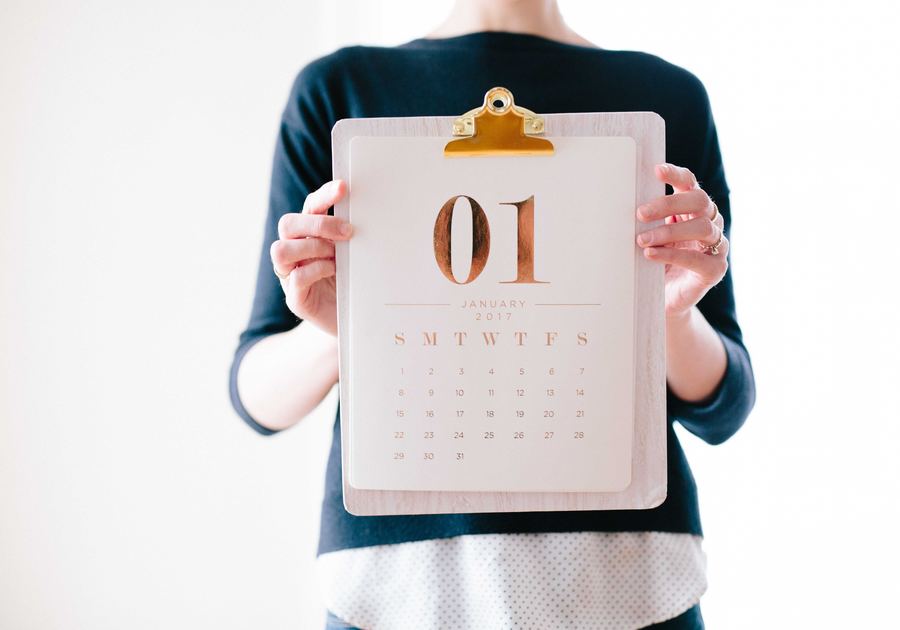The start of the new year is the perfect time to make changes that would better align with your goals, your ideal self, and your values. For many, Dry January, also known as the growing trend to skip alcohol for the month of January, is an intriguing, albeit daunting, goal.

Who Dry January Might Appeal to:
If you’ve noticed a pattern of using alcohol to de-stress, wind down after a tough day, or avoid uncomfortable feelings, taking a break from alcohol is a good way to re-evaluate your relationship with alcohol to make sure you’re not dependent on alcohol to cope.
I often hear parents make light of the fact that drinking has increased over the years as their children hit the terrible twos, thrashing three’s, or @*#!ing fours. This idea is supported by our culture, with books about parenting and drinking, personalized wine glasses adorned with the sparkly phrase “Mommy’s Sippy Cup,” countless references to moms needing to “wine down” after the kids are finally asleep, or dads needing to escape their stressed-out wives and whiney kids by grabbing beers with the guys.
There’s certainly no harm in the humor in these things (after all, we all need a laugh after a hard day!), but there’s truly nothing humorous about being so stressed out or unhappy that the only way you can make yourself feel better is to pour a hefty glass of wine.
It’s also noteworthy to think about your motivations for drinking alcohol. Men often reach for alcohol for the positive gains associated with drinking - the social benefits and the activation of the reward center that makes them feel good. On the other hand, women often drink to alleviate negative feelings, such as anxiety, overwhelm, or hopelessness.
“But alcohol helps me take the edge off!”
It’s true that alcohol can make you feel better in the short term. Alcohol’s depressant effect actually signals our brains to release the endorphins that make us feel good. However, research has actually shown that alcohol can exacerbate anxiety for some people. Research has also shown that heavy drinking can lead to a host of medical and psychological problems, as well as sleep problems. While alcohol often helps people fall asleep quickly, your sleep is often less restful. The National Sleep Foundation explains that alcohol causes the sleep-inducing chemical adenosine to rise, which helps you fall asleep quickly. But, it crashes, which is why you may wake up at 3 am or why you may wake up feeling groggy.
“But my glass of wine is part of my nightly ritual!”
Over time, many people become so accustomed to grabbing a beer or pouring a glass of wine that they don’t realize that it’s become a mindless, automatic part of their evenings. If you’re imbibing 1-2 glasses 7 nights per week, that already puts you over the moderate consumption guidelines. Moderate consumption of alcohol for women is considered one glass per day, and no more than seven per week. Taking a month-long hiatus from alcohol could give you the opportunity to tweak your habits and be more mindful of developing healthier self-care habits.
Tips & Tricks for a Successful Dry January
- Develop new ways to cope with stress - often, distraction helps our brains switch gears enough to try something different. So make a commitment to yourself to try something other than reaching for a bottle of wine:
- Take a bath
- Flip through that magazine you never have time to read
- Cross a task off your to-do list that you dread but will actually decrease your stress over time anyway, such as meal planning or making a grocery list
- Try meditation, which is one of the most research-validated stress reduction techniques we know of (apps to try: Calm, Head Space, Insight Timer, Simple Habit)
- Track your moods - when you find that your wanting alcohol, take a moment to check in with how you’re feeling and try to discover why you’re feeling that way. The mental task will distract you, while the power of naming your emotions actually helps you process through them, which can lessen the intensity of the emotion. Apps to try are Daylio, Moodtrack Social Diary, Mood App - Journal)
- Journal - researchers have shown that people who write in a journal for at least 15 minutes are able to process their emotions better and gain new insights and solutions to problems.
- Go for a walk, stretch, do push-ups … doing something physical, even if it’s just five jumping jacks, often helps our brains to switch gears.
2. Find a Substitute - reach for sparkling water instead of a beer, or a glass of your kid’s apple juice instead of wine, or chew some gum or grab a mint.
3. Track Your progress - there are 31 days in January - so draw out 31 boxes and color one in for each day of Dry January. There are also apps that help you track habits/goals - try Habit-Bull or Today Habit Tracker.
4. Opt for Connection - instead of drinking alone in your living room, pick up the phone and call a friend, or talk to your partner and focus on asking open-ended questions.
Benefits of Dry January
- Uncovering other issues - if alcohol has become your main coping strategy and it has become an automatic way to end your day, the alcohol may be masking underlying anxiety or depression that can be better treated by a trained mental health therapist.
- A better mood - excess alcohol actually makes depression symptoms worse, so if you’re taking a break from alcohol, your mood may be more stable.
- More restful sleep - heavy drinking decreases the restorative REM sleep that actually helps us feel rested in the morning. And with more restful sleep, you will have more energy to tackle that to-do list and achieve your goals.
- A stronger immune system - Binge drinking has been shown to suppress our body’s immune response.
- Developing a new relationship with alcohol - if drinking has become your go-to after a tough day or simply a part of your routine, taking a month off of drinking may enlighten you to your capacity to make a different choice.
Brittni Fudge, MA, LPC, NCC owns Kindred Counseling, PLLC, where she provides counseling and parenting support for parents in all stages of parenthood. Brittni specializes in healing developmental trauma, family of origin issues, and maternal mental health. As a mother, mental health therapist, Love & Logic facilitator, parent coach, and former school counselor, her mission is to support parents in their own mental health to become wholehearted so that the next generation can learn from their example. Brittni’s new office is in Stapleton at 3401 Quebec St. Denver, CO 80207
You can reach Brittni at:
303-868-4207
Get a FREE kid-friendly event calendar for Denver, CO full of festivals, fairs, fireworks, events and more! Sign up by clicking HERE!



